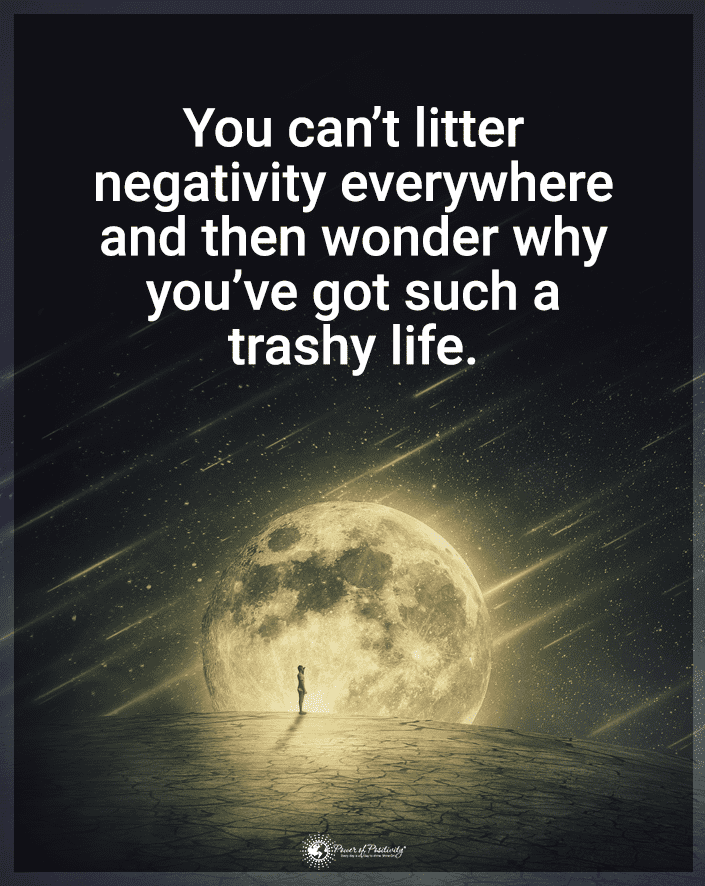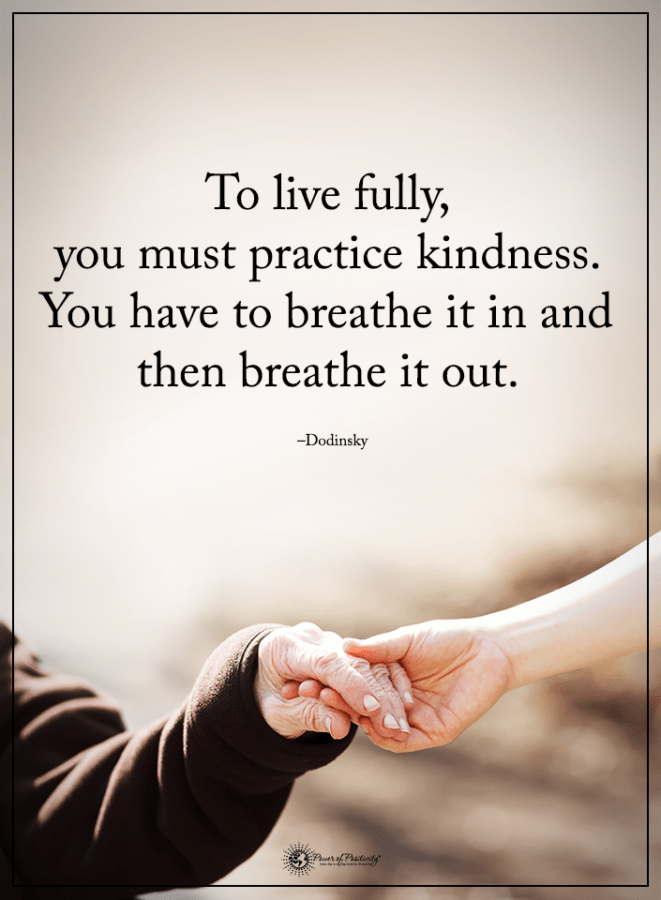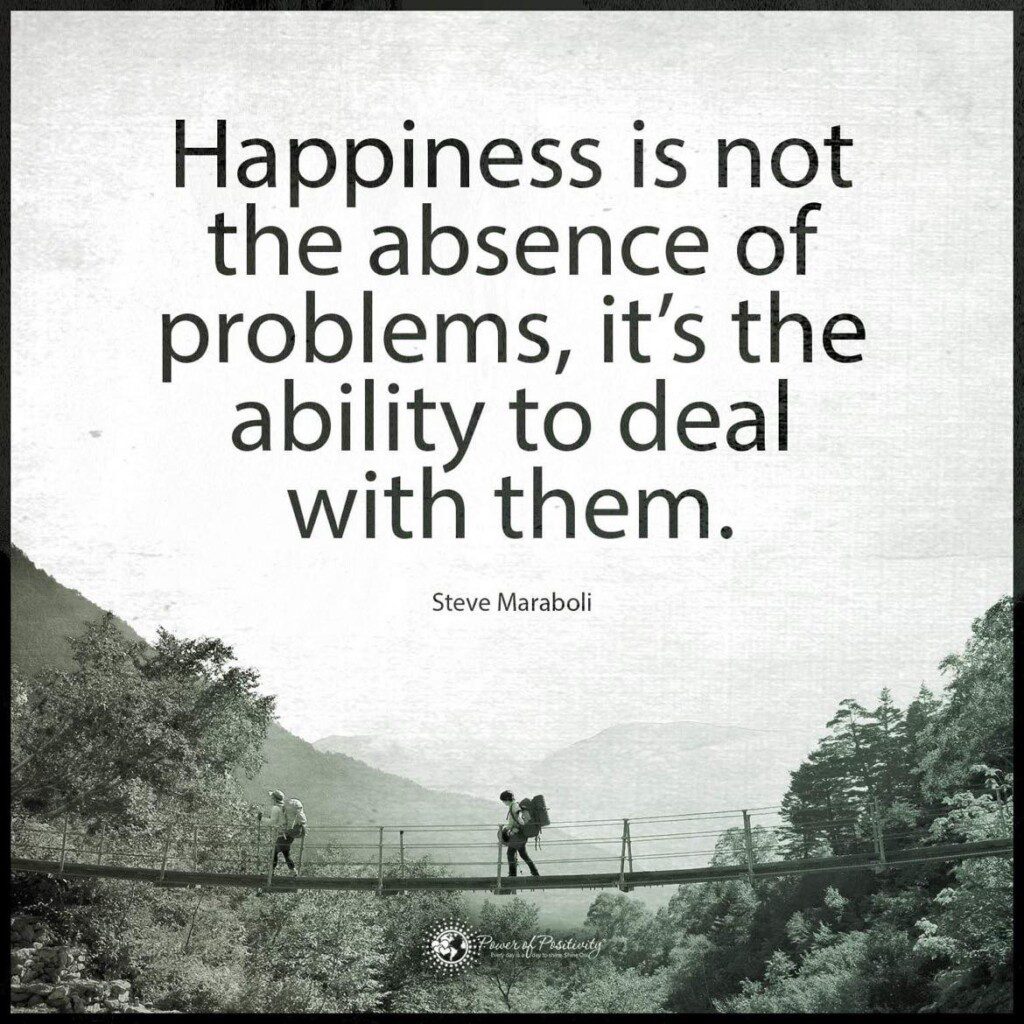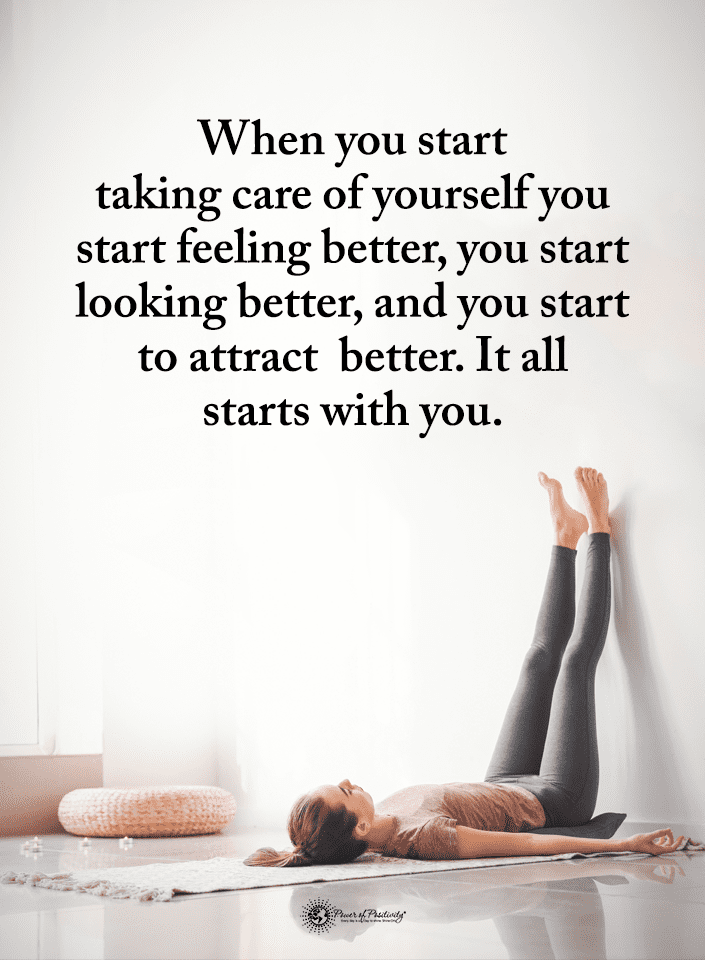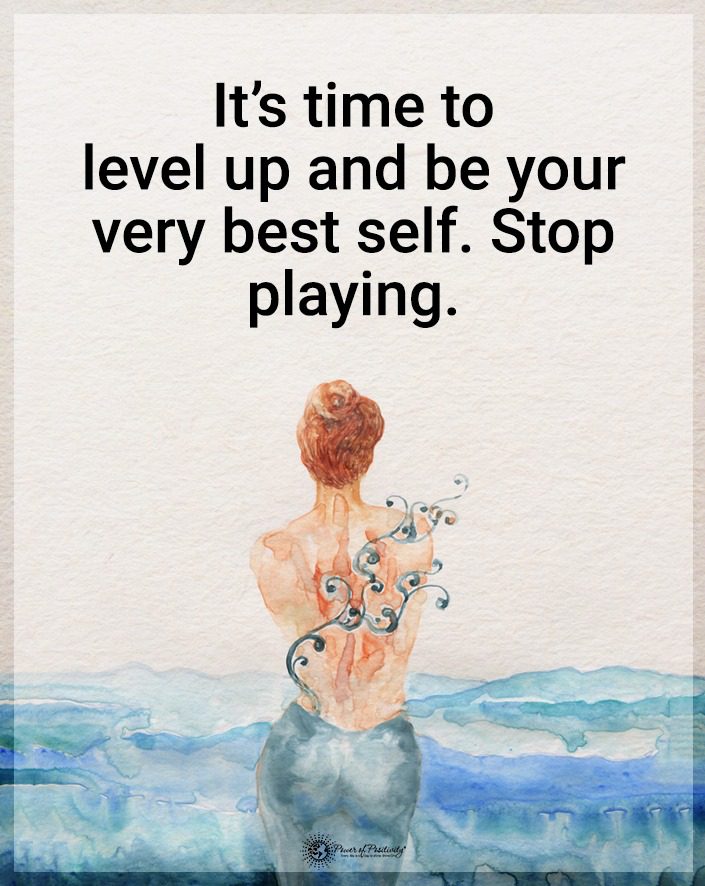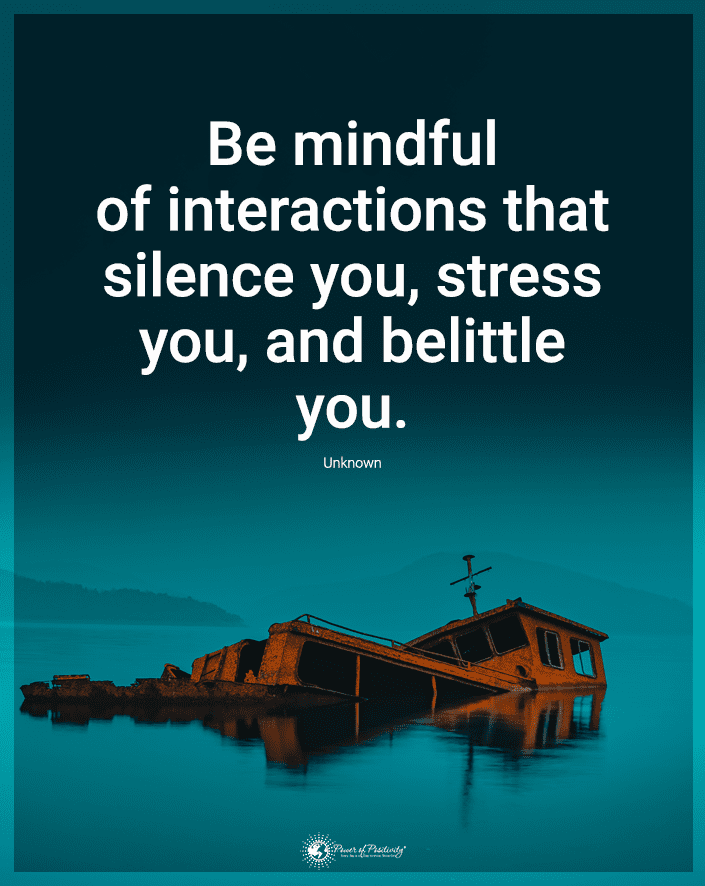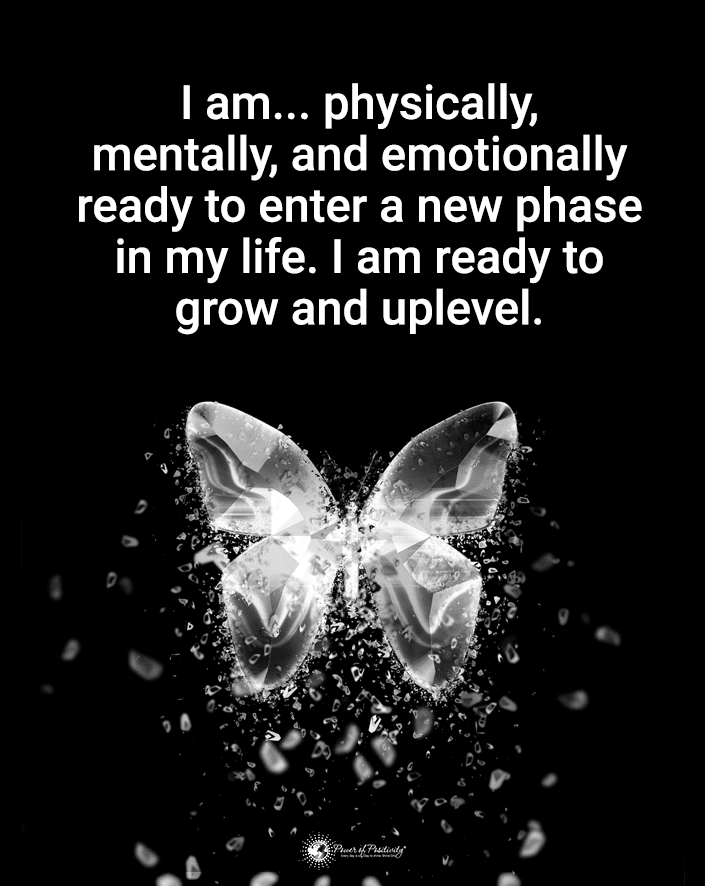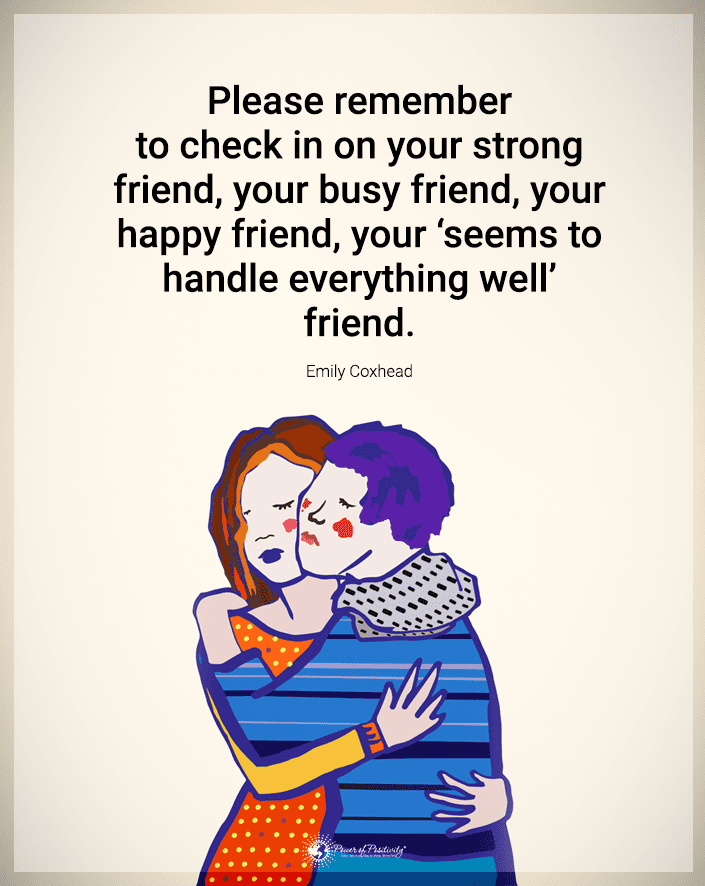Remember these phrases when their actions don’t seem to reflect their words.
We all seek kindness, understanding, and compassion. It’s a universal desire to be surrounded by people who uplift and support us. However, we sometimes encounter toxic people despite our intentions to avoid them. They always have a seemingly uncanny ability to disguise their toxicity beneath a facade of charm and benevolence. The seem nice, at least until you realize they’re manipulating you.
Picture this scenario.
You meet someone who embodies kindness, always there to lend a helping hand, a shoulder to lean on, or a sympathetic ear. Yet, beneath that nice, sweet exterior lies a subtle manipulation that leaves you second-guessing your feelings and perceptions.
This article will equip you with the knowledge and insights to identify these deceptive phrases. You’ll also learn how to protect your emotional well-being. Recognizing toxic people is the first step toward nurturing healthier, more authentic connections with the people who truly deserve a place in your life.
Let’s unravel the secret phrases of toxic people and embark on a journey toward more genuine, nurturing relationships.
Identifying Toxic People
It is essential to distinguish positive versus negative influences in your life. Toxic individuals often blend seamlessly into our lives, making it challenging to spot them early on. To pinpoint them, we must first understand the characteristics that define these individuals.
Here are the main characteristics of toxic people:
- Manipulative Tendencies: Toxic people are often skilled manipulators who excel at subtly steering situations to their advantage. They may use guilt, fear, or flattery to gain control over you.
- Lack of Empathy: A key hallmark of toxicity is a consistent absence of empathy. Toxic individuals may appear indifferent to your feelings or concerns. Thus, it isn’t easy to have meaningful, empathetic conversations.
- Controlling Behavior: They want to control various aspects of your life, from dictating your choices to isolating you from friends and family. This control can leave you feeling trapped and powerless.
- Constant Negativity: Toxic individuals often bring a cloud of negativity wherever they go. They may focus on the flaws and failures of others, creating a gloom and doom atmosphere.
The Significance of Identifying Toxic People
Understanding the traits of toxic individuals is not about labeling or judging others but about safeguarding your well-being. Identifying toxic behavior early on protects you from emotional harm. It also allows you to maintain healthier relationships. It empowers you to set boundaries, make informed choices, and surround yourself with those who genuinely care about your happiness and growth.
By shining a light on these characteristics, we provide the tools to recognize and address toxicity in your relationships. Armed with this knowledge, you’ll be able to navigate the intricate dynamics of human connections while preserving your emotional health.
Ten Deceptive Phrases Toxic People Use to Seem Nice (But They’re Not!)
At first glance, these expressions may appear well-intentioned. But beneath the surface, they usually reveal manipulation and control.
Recognizing these deceptive phrases for what they truly are is crucial for safeguarding your emotional well-being and maintaining healthier relationships. As we continue to uncover the remaining deceptive phrases, remember that understanding them empowers you to make informed decisions and establish boundaries in your interactions with toxic individuals.
1. “I’m just trying to help you.”
At face value, this statement seems nice. It is an offer of assistance in your time of need. However, toxic individuals use this phrase to gain a foothold in your life. They can insidiously influence your decisions and actions by positioning themselves as your savior.
This apparent “help” can come with strings attached. As a result, it can lead you down a path you may not have chosen independently. Be wary of those who consistently offer assistance without your solicitation or consent. In fact, their motives might be driven more by a desire for power than genuine benevolence.
2. “You’re too sensitive.”
On the surface, this phrase might sound like a gentle observation. They pretend they intend to help you with emotional situations. However, when toxic people utter these words, they dismiss your feelings and emotions. They also invalidate your experiences.
As a result, you begin doubting the legitimacy of your reactions. It’s a way for them to avoid taking responsibility for their actions or words, shifting the blame onto you instead. Over time, hearing “you’re too sensitive” can erode your self-confidence. It can also make you question the validity of your emotions.
3. “I’m only doing this because I care.”
This phrase appears as an expression of genuine concern and care for your well-being. Toxic people skillfully use it to mask their controlling behaviors and manipulative actions.
They maintain their hold on you by framing their actions as acts of love and concern. Additionally, they make you feel indebted to them. This emotional debt can create a power imbalance in the relationship. Thus, it is difficult for you to assert your own needs and desires. The constant reinforcement of their “caring” can cloud your judgment and entangle you in their web of control.
4. “You’re so lucky to have me.”
This statement might come across as a compliment, suggesting that the person is a valuable addition to your life. However, it actually carries a more sinister implication.
Toxic people use it to foster a sense of indebtedness in you. Indeed, they make you believe that you owe them for their presence. This dynamic can create a power struggle where they hold the upper hand. As a result, it becomes challenging for you to assert your needs or boundaries.
In reality, healthy relationships come from a place of mutual respect and support, not on one-sided gratitude.
5. “Nobody else will ever love you like I do.”
While this phrase may initially appear to indicate deep affection, it often conceals a possessive and isolating agenda. Toxic individuals use it to make you dependent on their love and approval. In fact, the phrase creates a sense of scarcity around emotional connections.
By implying that you won’t find love elsewhere, they keep you tied to them, even if the relationship is unhealthy. It’s essential to remember that genuine love and care should empower you to make choices that are best for your well-being rather than trapping you in a relationship marked by control and fear.
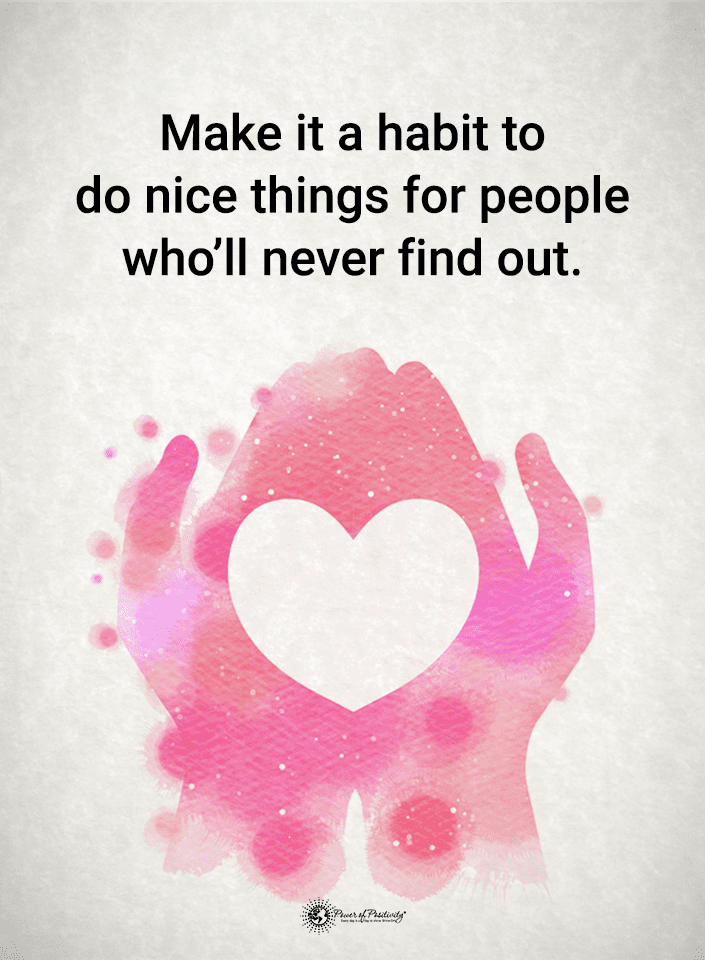
6. “I’m the only one who truly understands you.”
At first glance, this statement may seem like an affirmation of a deep connection between you and the person saying it. However, toxic individuals often employ this phrase to create an artificial sense of exclusivity.
In fact, they imply that they are the sole person who comprehends you. But these words isolate you from friends, family, or other potential sources of support and guidance. This isolation can make you more dependent on them, as they become your perceived lifeline in an emotionally barren landscape.
7. “I’ll change, I promise.”
This phrase offers hope for a better future in the relationship. Or does it?
Toxic individuals often use these words to string you along and maintain control. They may promise to change to soothe your concerns. But they revert to their toxic behavior once they feel secure in the relationship again. That keeps you stuck in a cycle of false hope and disappointment, undermining your trust and making it challenging to break free.
8. “You have such high standards.”
Upon first hearing this phrase, acknowledging your discerning taste or expectations may seem like a compliment. However, toxic individuals frequently use it to subtly discourage you from expressing your needs and desires.
They imply that your standards are overly demanding. As a result, these words undermine your confidence in asserting what you deserve within the relationship.
This tactic can lead to self-doubt and hesitation to communicate your expectations, ultimately affecting the health of the connection. But that’s entirely the point.
9. “You always care so deeply about things.”
This statement celebrates your empathy and sensitivity – valuable traits in relationships. However, when used by toxic people, they trivialize your genuine concerns. By framing your emotional investment as excessive, they dismiss your valid worries and make you feel like your feelings are unwarranted or irrational.
Over time, this can lead to frustration and inadequacy, as you believe that your concerns don’t matter.
10. “You bring an interesting perspective to my life.”
On the surface, this phrase may seem nice – even appreciative. They suggest that your presence enriches the other person’s life with your views.
However, it can carry subtle implications that undermine your self-worth. Toxic individuals use it to create a veneer of appreciation. Still, they imply that your value lies primarily in the novelty you bring.
That can leave you feeling your worth is contingent on providing an exciting perspective rather than being appreciated for who you are.
How to Respond to Toxic People
Now that we’ve uncovered the hidden tactics of toxic individuals and explored the impact of their deceptive phrases on relationships, we must equip ourselves with practical strategies for recognizing these expressions when they are used and responding in a way that preserves our well-being and fosters healthier connections.
Tips to help recognize the language of toxic people:
- Trust Your Instincts: Pay careful attention to your gut feelings. If something feels off or manipulative in a conversation, it’s essential to acknowledge and investigate those feelings.
- Seek a Second Opinion: Discuss your concerns with a trusted friend, family member, or therapist. An outside perspective can help you clarify whether a phrase is genuinely supportive or manipulative.
How to interact with toxic people when you can’t avoid them:
By implementing these strategies, you can maintain healthier boundaries, protect your emotional health, and make informed decisions about the relationships you choose to nurture.
Here’s what to do to have relationships with nice, friendly people:
- Set Boundaries: Establish clear boundaries in all your relationships. Communicate your needs, expectations, and limits assertively and firmly. Toxic individuals often push boundaries, so it’s crucial to maintain them.
- Limit Contact: If you recognize someone consistently using deceptive phrases to manipulate or control you, consider limiting or distancing yourself from that person. Protecting your emotional well-being should be a priority.
- Seek Professional Help: In some cases, toxic relationships can significantly impact your mental health. Don’t hesitate to obtain support from a therapist or counselor for professional guidance and strategies for coping with toxic dynamics.
- Self-Care: Prioritize self-care in your life. Take time to nurture your emotional and mental well-being through activities that bring you joy, relaxation, and a sense of fulfillment.
Recognizing and responding to deceptive phrases is a powerful tool to break free from toxic dynamics and connect with nice people.
Final Thoughts on the Language Toxic People Use to Seem Nice
You deserve the company of genuinely nice people.
These seemingly benevolent words often create an illusion of kindness and compassion. But, the deception has profound and long-lasting effects on our emotional well-being and the health of our connections.
We hope to inspire you to approach relationships with greater wisdom and resilience by shedding light on these manipulative tactics. As you move forward, remember that you can break free from toxic dynamics and cultivate connections built on trust, respect, and genuine care. Your journey toward healthier, more authentic relationships begins with your choices today.
Cheers to a life free of toxic people and surrounding yourself with genuinely nice individuals.

